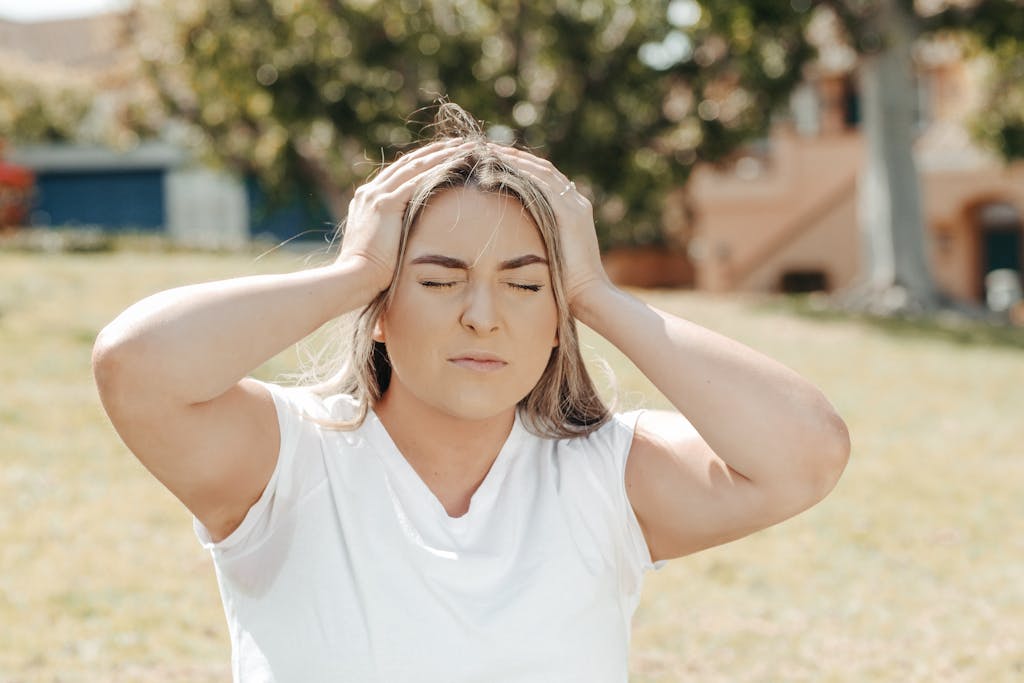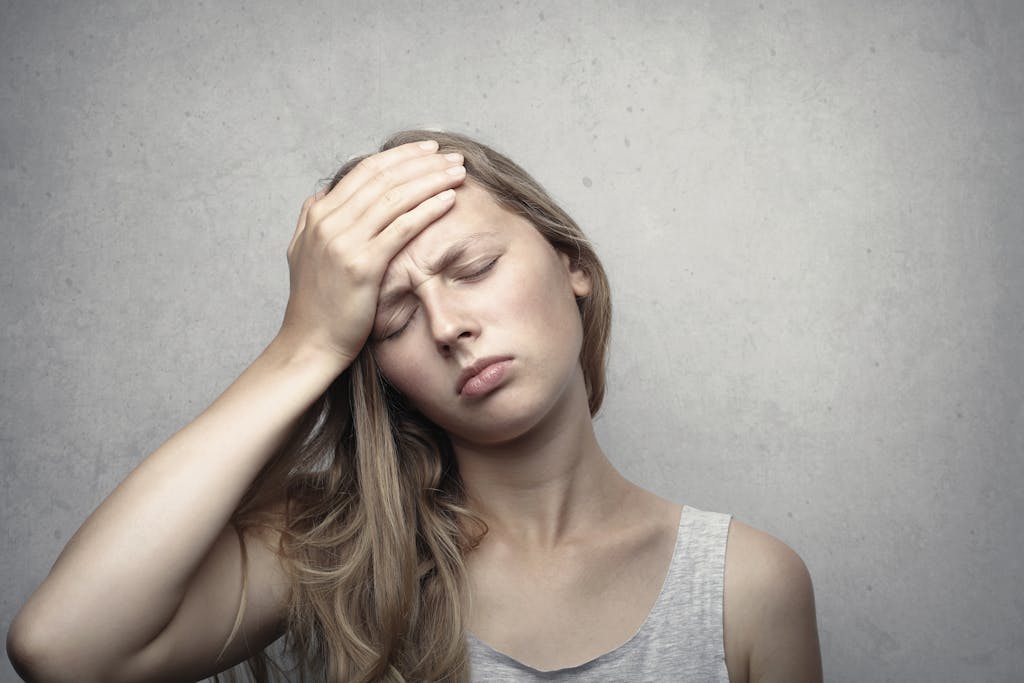Top Triggers That Cause Migraines

Migraines are intense headaches that can be debilitating, often accompanied by nausea, sensitivity to light, and other symptoms. Understanding the triggers that cause migraines can help people manage and reduce the frequency of these painful episodes. While each person may have unique triggers, there are several common factors known to cause or worsen migraines.
Stress
One of the most frequent causes of migraines is stress. Whether it’s from work, personal life, or other pressures, stress can lead to the release of chemicals in the brain that cause migraine attacks. It can also lead to muscle tension, which may contribute to headache pain. Finding ways to manage stress through relaxation techniques, exercise, or hobbies can help reduce the risk of migraines.
Hormonal Changes
For many women, hormonal changes play a significant role in triggering migraines.Migraines may result from changes in estrogen levels during menstruation, pregnancy, or menopause. This is why many women experience migraines around their menstrual cycle or during times of hormonal change. Understanding this connection can help women manage their migraine symptoms more effectively.
Certain Foods
Some people are known to have migraines when they consume certain meals and beverages. Common culprits include chocolate, caffeine, alcohol, aged cheeses, and processed foods. These foods contain substances like tyramine, nitrates, or caffeine, which can provoke a migraine. Keeping track of your diet and avoiding these foods when possible may help prevent migraine attacks.
Lack of Sleep
Not getting enough sleep, or having an inconsistent sleep schedule, is another major trigger for migraines. Sleep deprivation can affect brain function and increase the likelihood of developing a migraine. It’s important to aim for regular sleep patterns and enough sleep each night to reduce the risk of migraines.
Bright Lights and Loud Noises
Exposure to bright lights or loud noises can be overwhelming for people prone to migraines. Flickering lights, such as those from computer screens or fluorescent bulbs, can trigger a migraine. Likewise, noisy environments or sudden loud sounds may also provoke an attack. Wearing sunglasses or using noise-canceling headphones can help mitigate these triggers.
Weather Changes
Changes in the weather, especially shifts in temperature, humidity, or barometric pressure, can trigger migraines in some people. Storms, high heat, or changes in altitude may also contribute to migraine development. While you can’t control the weather, staying indoors during extreme conditions may help reduce the risk of a migraine.
Dehydration
Not drinking enough water can lead to dehydration, which is a common migraine trigger. Dehydration affects the brain’s function and can result in headaches. Staying hydrated throughout the day is essential, especially during hot weather or when you’re physically active.
Skipping Meals
Skipping meals can cause a drop in blood sugar levels, which can trigger migraines. Not eating regularly can lead to low energy levels and dehydration, both of which can contribute to a migraine. It’s important to eat balanced meals throughout the day to keep blood sugar levels stable and prevent headaches.
Migraines can be caused by various factors, but by identifying and avoiding common triggers, you can reduce the frequency and severity of attacks. If you experience frequent migraines, it’s a good idea to speak with a healthcare provider to discuss treatment options.


